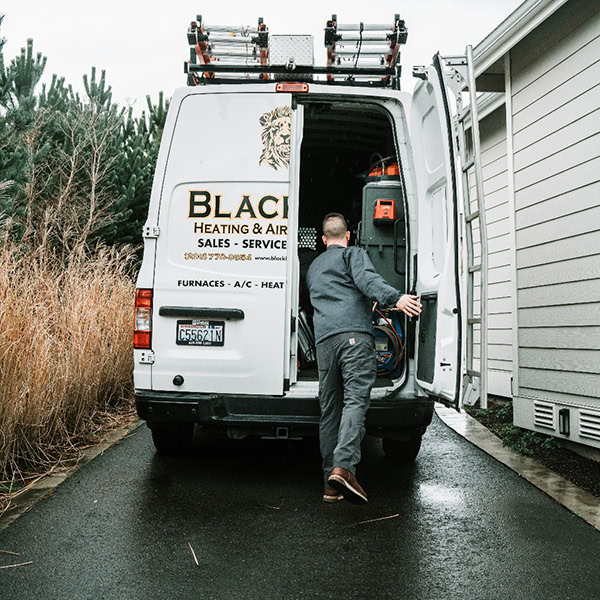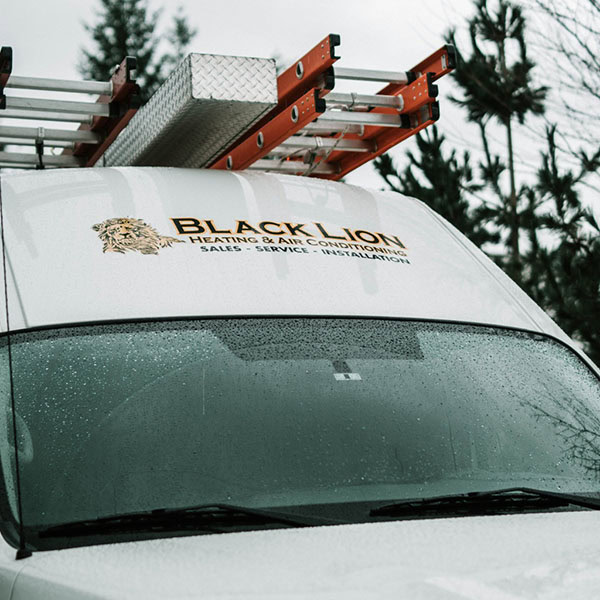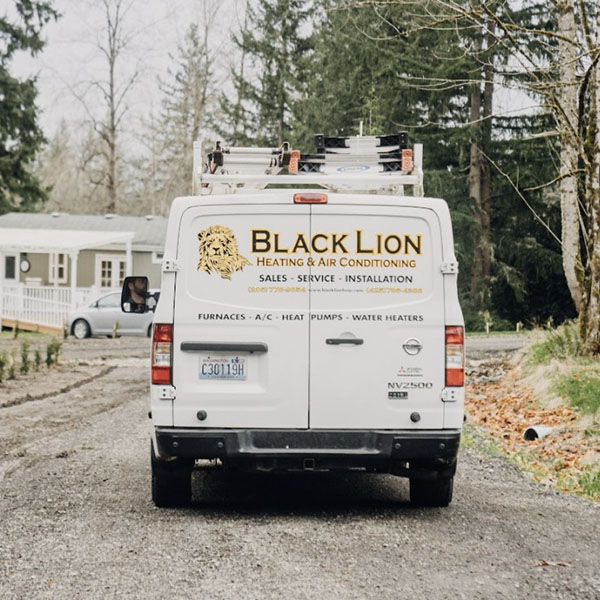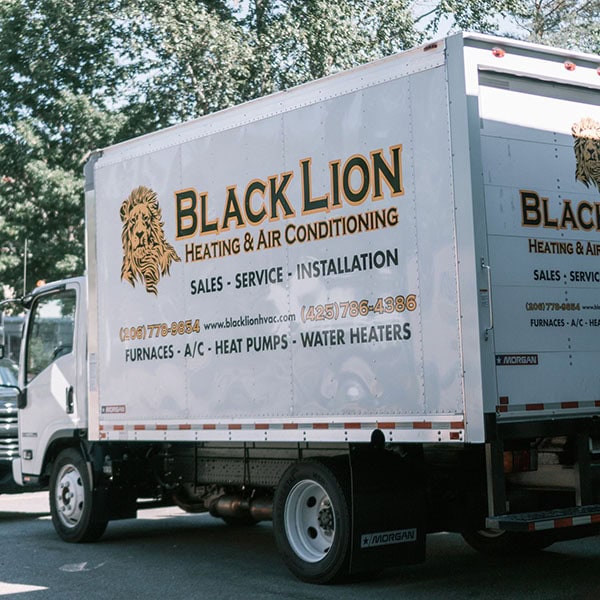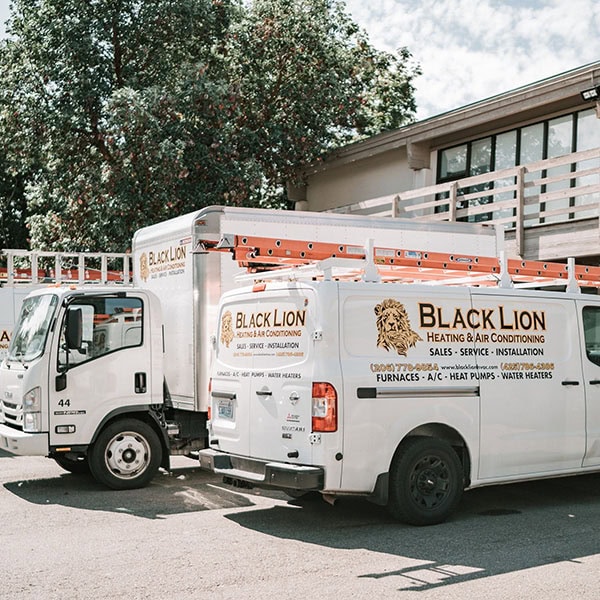According to the U.S. DOE, a simple task such as changing the air filter on your HVAC system can improve efficiency by up to 15 percent.
According to the US Environmental Protection Agency, your Seattle home’s indoor air quality is often two to five times more polluted than outdoor air.
Homes in Washington and throughout the country rely heavily on electricity to power appliances, devices, and lighting. Upgrading your electrical system can improve the functionality and safety of your home, as well as enhance its overall value and energy efficiency.
It’s a hot day outdoors, and you are inside your Kirkland home waiting for your air conditioning (AC) system to kick into full gear.
Ceiling fans are the perfect choice for improving airflow and ventilation in your Seattle, WA, home. They can blend into your décor or add overhead pizzazz. They support your heating and cooling system and save on energy costs.
Your air conditioner (AC) can do several things––keep your Washington home’s indoor air cooler than outdoor temperatures, help to keep indoor airborne allergens at bay, and help keep your home’s humidity low. But one thing it can’t do is kill mold.
The electrical wiring in your Washington home is mostly out of sight and likely out of mind, even though you use it every day.
Spring is finally arriving in Washington! The days are getting longer, the flowers are blooming, and you’re probably already thinking about dusting off the patio furniture or tackling that messy garage.
The same goes for a heat pump. The outdoor unit might be in perfect working condition. Still, the heating and cooling process stops without an indoor evaporator coil, connecting refrigerant lines, and a fan to blow conditioned air through ductwork.
Everyone loves to save money, and it’s a good idea to review different aspects of your budget now and again to see if there are more opportunities you have missed in the past. Considering how to reduce your energy bills is always a great idea in the springtime.
